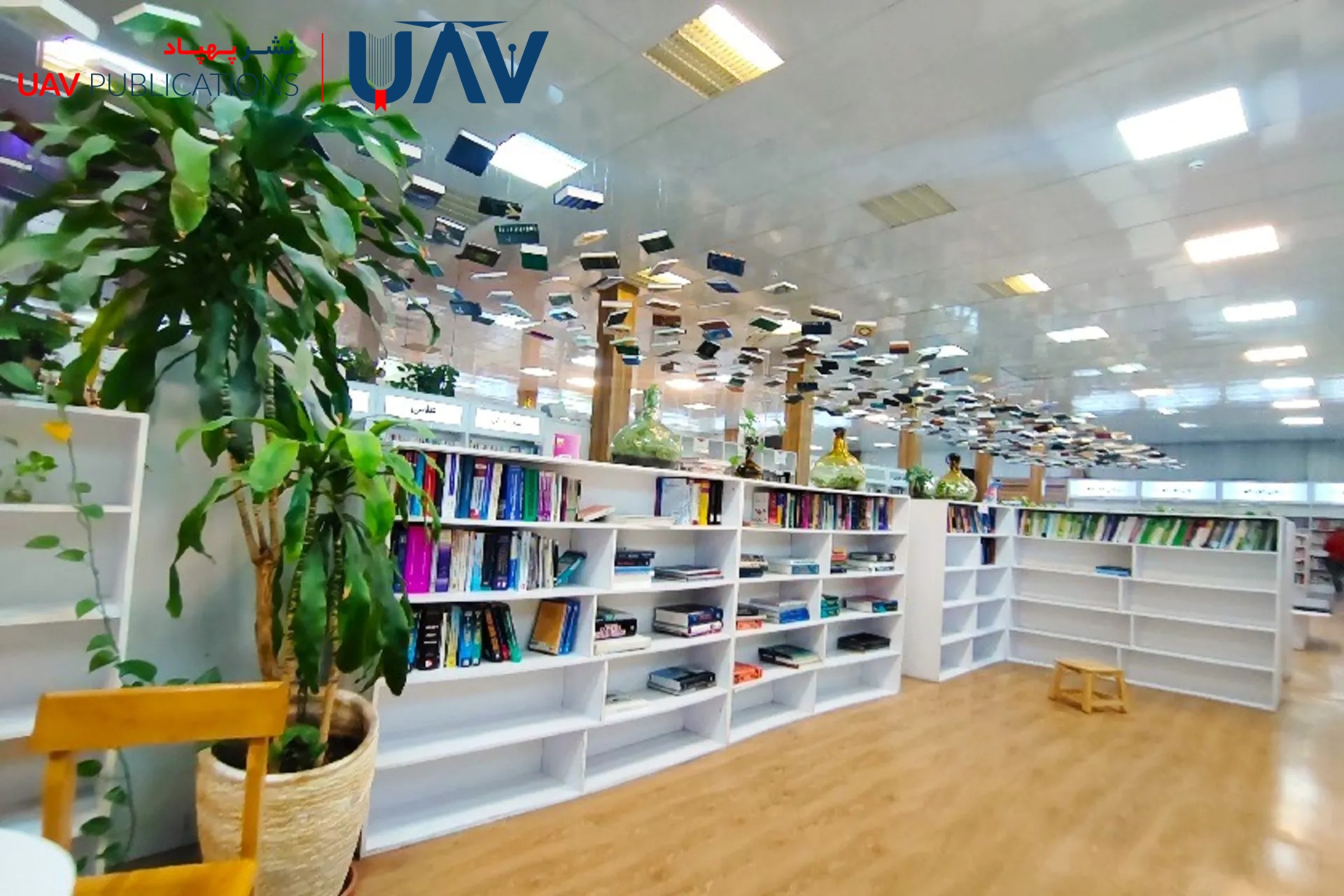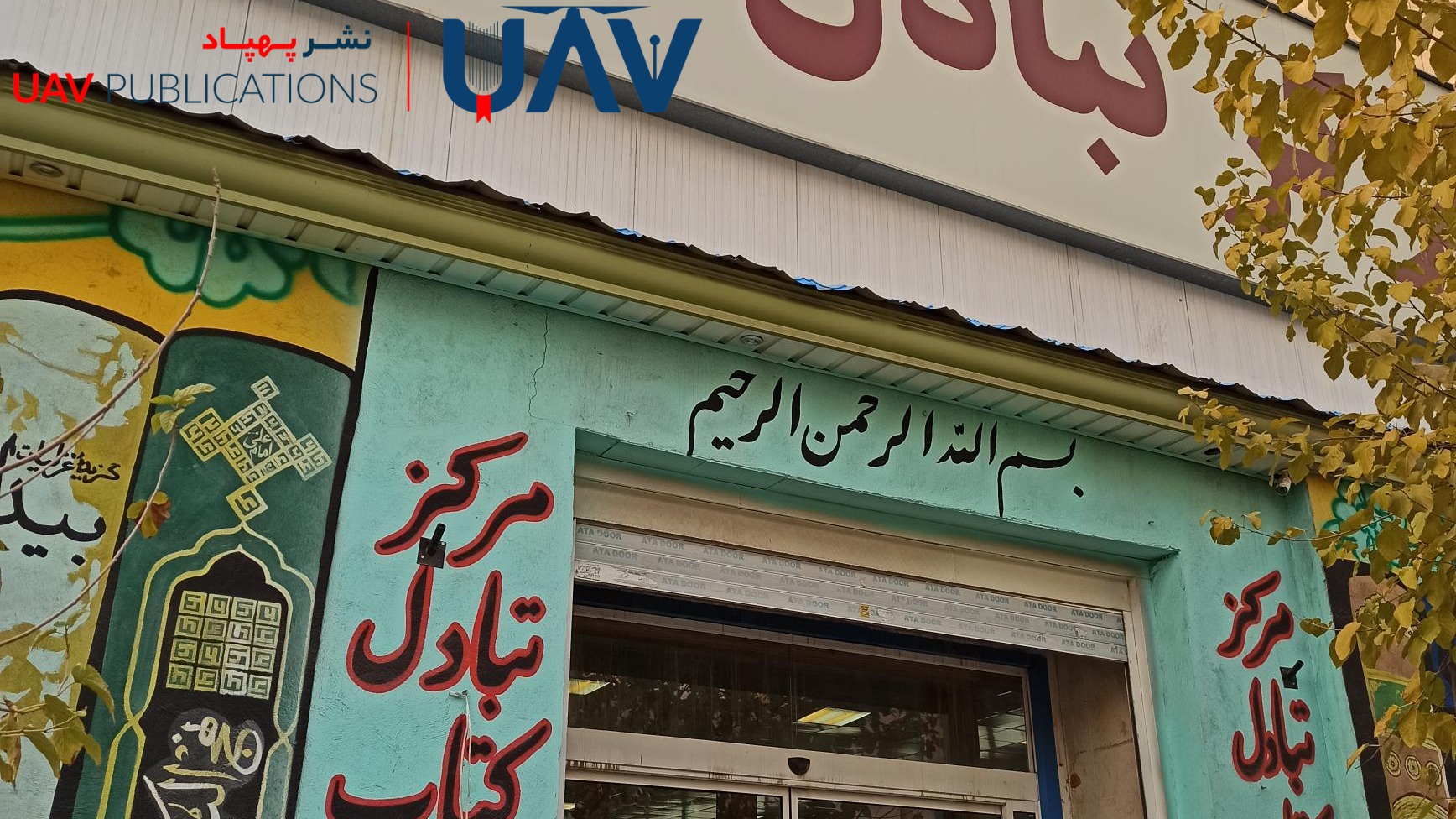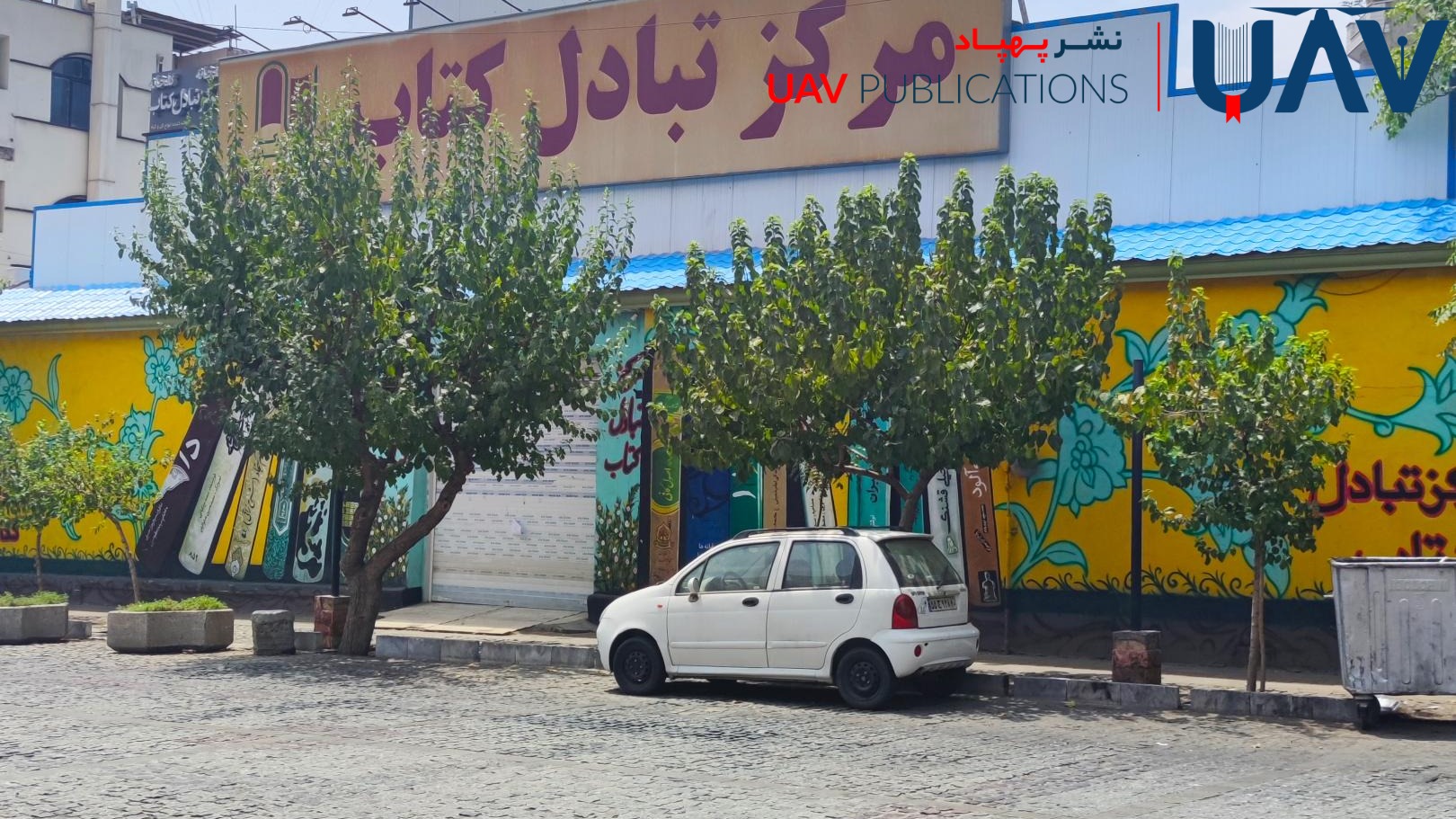The Importance of Book Exchange Centers
Book exchange centers play a vital role in promoting a culture of reading and in optimizing educational and cultural resources. In these spaces, books are passed from one reader to another rather than collecting dust on forgotten shelves. This circulation not only contributes to economic savings but also supports environmental sustainability by reducing paper consumption and printing waste. Books are granted a renewed life, and their covers a revived purpose. Furthermore, these centers provide individuals—especially students, teachers, and avid readers—with access to a wide array of titles at a minimal cost.
Such centers often foster social engagement, encouraging conversations and book discussions that even traditional bookstores or libraries may not fully offer. In this way, book exchange centers can serve as platforms for expanding reading culture, dialogue, and critical thinking.
What Is a Book Exchange Center?
A book exchange center is a physical or digital space where individuals can trade their books for others’. Physically, this could take the form of a small library, a café corner, a cultural venue, or even a simple display shelf in an office or educational institution. The core idea is that individuals bring books they’ve already read and place them on designated shelves for others to borrow or claim temporarily.
In digital formats, the exchange can be organized through categorized systems on websites or mobile applications, allowing users to send and receive books efficiently. These systems often operate on straightforward rules, such as book-for-book trades or point-based systems in which books are exchanged for credits. The overarching goal is to establish a sustainable flow of books and actively engage the community in reading and cultural participation. In addition to saving money, these centers strengthen networks of book lovers and readers.
Key Features of an Ideal Book Exchange Center
An ideal book exchange center offers several features that enhance its appeal and effectiveness:
- Diverse Selection – It should include fiction, non-fiction, academic, and children’s books to cater to a broad audience.
- Easy Accessibility – Strategic location in high-traffic areas, convenient hours, and clear communication help ensure public access.
- Interactive Space – Study tables, small cafés, or book discussion sessions create a welcoming and stimulating environment.
- Smart or Simple Exchange System – Books should be cataloged, exchanges tracked through a point system, or guided by transparent, easy-to-follow rules.
- Book Care and Security – Proper shelving, ventilation, and protection against moisture and pests ensure the longevity of books.
- Clear Policies – Guidelines regarding book returns, ownership duration, and exchange conditions should be transparent.
- Cultural Support – Programs like reading sessions, book introductions, writing workshops, and literary analysis events deepen the scholarly atmosphere.
These characteristics contribute to the effectiveness, attractiveness, and sustainability of a book exchange center.

The Book Exchange Center in Tehran
Located in the heart of Tehran, near Valiasr Square, the city’s only formal, structured book exchange center offers a unique opportunity for bibliophiles. Visitors can share the books they’ve already read or acquire new titles at significantly reduced costs. The center’s mission is to promote a culture of reading, prevent resource waste, and protect the environment by reducing excessive printing and encouraging book reuse.
The book exchange process is highly organized: books are evaluated and priced by experts, and the corresponding credit is stored in a user account, which can later be used to purchase other books. For large donations, a free pickup service is available. Additional features, such as a bookstore, children’s section, café, and decorative plant shop, transform the center into a vibrant cultural and social hub.
Details and Facilities
- Address: Valiasr Square, Tehran.
- Hours: Saturday to Thursday, 9:00 AM – 7:30 PM.
- Book Drop-off: In-person for fewer than 50 books; free pickup for larger donations.
- Pricing: Set by experts; credit stored in user accounts.
- Purchasing: Via credit or cash; books are 30–70% cheaper than retail.
- Amenities: Reading area, children’s section, café, ornamental plant store.
- Access: Near Tehran Theater and Enqelab Metro Stations, BRT lines.
- Goals: Promote reading, environmental stewardship, and cultural circulation of books.
Please note that operational details are subject to change over time. For the most accurate information, consider visiting the center in person. If you know of other book exchange centers in Tehran or have personal experiences to share, please leave a comment at the end of this article!
Why Donate Books to a Book Exchange Center?
Donating your read books to a book exchange center serves several meaningful purposes:
- Maximizing Personal Cultural Assets – Books that have been read still hold educational and literary value for others.
- Economic Efficiency – Trading books instead of constantly purchasing new ones helps reduce costs.
- Environmental Responsibility – Reusing books reduces unnecessary paper use and printing.
- Expanded Access – Even without a large budget, one can enjoy access to a wide variety of titles.
- Cultural Connection – Discussing and exchanging books fosters shared cultural experiences.
- Cultivating a Culture of Sharing – Passing on books that were meaningful to us promotes community spirit and cultural solidarity.
This experience encourages people to pass their books on rather than store them away, giving others a chance to embark on new reading journeys.
Rare Titles at Book Exchange Centers
One of the most compelling aspects of book exchange centers is the potential to discover rare or out-of-print titles. These may include older publications, discontinuedbookst, locally authored works, or out-of-print academic texts. Such access is invaluable to researchers, students, and literary enthusiasts.

The excitement of uncovering a long-sought title on a dusty shelf adds to the thrill of these centers. Some institutions even highlight nostalgic or culturally significant books to educate visitors on their historical or artistic importance. In this way, book exchange centers go beyond simple trade; they become cultural archives and repositories of collective memory.
Social Impact of Book Exchange Centers
More than mere conduits for cultural resources, book exchange centers serve as catalysts for urban community engagement. They foster reading groups, book discussions, and social bonds that originate in neighborhoods and extend to academic and professional settings. Many centers host book talks, author meet-and-greets, storytelling circles, and spotlights on local writers, all of which enhance cultural literacy and critical thinking.
Moreover, they bring together different generations of children, teens, adults, and elders around a shared passion for reading. This cross-generational interaction breaks down social barriers and encourages meaningful dialogue within communities.
Introducing Book Exchange Centers
We’ve explored the role, benefits, and features of book exchange centers. Now it’s your turn!
If you’ve ever visited a book exchange center, whether physical or digital, we’d love to hear from you:
- Name of the center.
- Its location or link.
- A memory or experience you had there.
- A tip or recommendation for other readers.

By sharing your experiences, you help expand this cultural network throughout Tehran and beyond. We look forward to your stories and suggestions!

